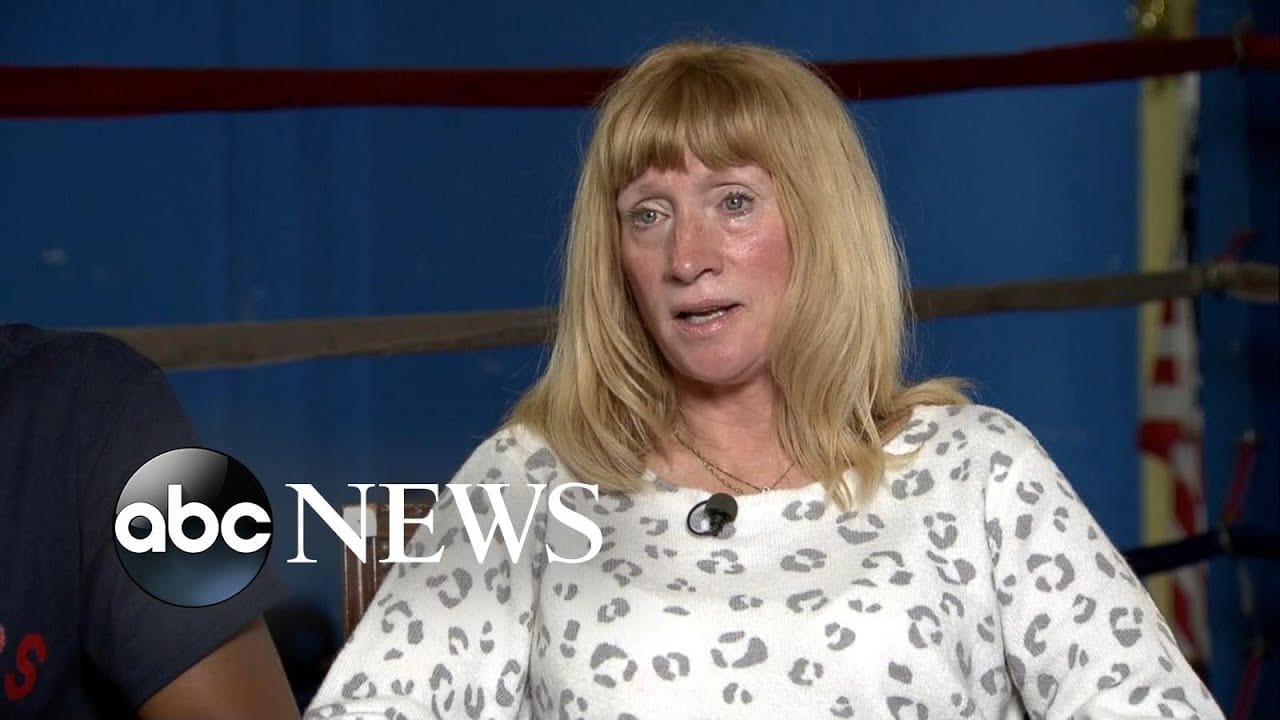The National Football League’s (NFL) partnership with Roc Nation, the entertainment and sports agency founded by Shawn “Jay-Z” Carter, has been under increased scrutiny lately, placing a spotlight on the complexities of large-scale entertainment collaborations. Roc Nation’s role in producing the Super Bowl Halftime Show, one of the most-watched television events globally, has become a focal point, particularly given recent headlines involving the agency’s founder. This partnership, initially announced in 2019, was intended to bring a new dimension to the NFL’s entertainment offerings, with a focus on social justice and community engagement. However, the recent events have introduced a layer of complexity that warrants a detailed examination of the business dynamics and contractual aspects of this high-profile collaboration.
The genesis of the NFL-Roc Nation partnership stemmed from a need for the league to address criticism regarding its handling of player protests against racial injustice. Following the controversy surrounding Colin Kaepernick’s kneeling during the national anthem, the NFL sought to demonstrate a commitment to social responsibility and inclusivity. The alliance with Roc Nation, a company known for its influence in music, sports, and culture, was seen as a step towards achieving these objectives. This deal wasn’t just about booking entertainment; it was a strategic move aimed at improving the NFL’s image and broadening its appeal.
Roc Nation’s responsibilities in the partnership extend beyond the production of the Halftime Show. The agreement also tasked the company with advising the NFL on its social justice initiatives through the Inspire Change program. The company’s mandate was to help identify and implement projects that would support player advocacy, address systemic inequalities, and foster positive community impact. This multi-faceted approach demonstrated the NFL’s commitment to addressing broader social issues, using the platform of football to create a positive social impact. The Halftime Show is, in many ways, just the tip of the iceberg in this broader collaborative effort.
However, the partnership has not been without its challenges. The selection of artists for the Halftime Show, under Roc Nation’s curation, has often drawn criticism and controversy. This is not unique to this partnership, as Halftime shows have long faced scrutiny over the choice of performers, their performances, and the message they portray. Some have argued that the NFL’s efforts are performative rather than substantive and the partnership as a whole as an attempt to whitewash over deep-seated issues. The recent scrutiny surrounding Jay-Z and Roc Nation has intensified these concerns, bringing questions of accountability and transparency to the forefront.
The financial aspects of the partnership remain largely confidential. While the precise nature of Roc Nation’s compensation for producing the Halftime Show and advising on social justice programs is not public, it’s understood to be a significant investment for the NFL. The Halftime Show alone involves a substantial financial outlay, covering artist fees, production costs, and marketing expenses. Given the high viewership numbers associated with the Super Bowl, the show represents a valuable opportunity for advertising revenue, making it an essential component of the NFL’s business model. The contract with Roc Nation likely reflects these commercial realities, with clauses concerning performance, revenue sharing, and intellectual property rights.
The impact of recent events on Roc Nation and Jay-Z’s reputation has naturally raised concerns within the NFL organization. In business, the reputation of a partner is paramount. Negative publicity surrounding a key collaborator could potentially damage the NFL’s brand image. The questions surrounding Jay-Z’s actions have led to discussions about the NFL’s due diligence process, and how the league vets its partners. It raises a broader question on the accountability of corporations choosing to align themselves with high-profile figures. The potential repercussions of these controversies on the ongoing partnership between Roc Nation and the NFL cannot be overlooked.
Furthermore, the partnership has also become a case study in the intersection of entertainment, business, and social justice. The complexities of balancing commercial interests with social responsibility are evident in the ongoing discourse surrounding the NFL-Roc Nation collaboration. Critics have pointed out that the partnership risks commodifying social issues, turning advocacy into a marketing tool. This has sparked a debate on the authenticity of corporate social initiatives and the extent to which they genuinely address systemic issues. The debate is a relevant reminder of the difficulties of aligning commercial gain with true social change.
The NFL’s relationship with Roc Nation is also reflective of the larger trend of partnerships between sports leagues and entertainment companies. These collaborations are driven by the mutual benefits of leveraging each other’s platforms and audiences. The NFL, with its massive viewership, offers an unparalleled platform for entertainment companies to showcase their artists and content. Conversely, entertainment companies bring a level of creativity and cultural relevance that enhances the overall fan experience. However, as evidenced by the current situation, these partnerships are not without their risks, and ongoing management and oversight are crucial for ensuring their long-term viability.
The contractual framework of the NFL-Roc Nation agreement is likely to have specific clauses that address potential crises and reputational risks. While the details are not public, it is common for such contracts to include provisions that allow for termination, renegotiation, or modifications in the event of unforeseen circumstances, such as reputational damage. These clauses serve as a safeguard for both parties, providing a mechanism for addressing issues that may arise during the partnership. It is reasonable to expect that the NFL is currently reviewing these clauses in light of the recent events.
The Halftime Show itself is a microcosm of this larger partnership. It requires careful planning, logistical coordination, and the management of numerous stakeholders. The selection of artists, the creative direction, and the overall message of the show are all carefully considered aspects that are overseen by Roc Nation. The show is not simply a 12-15 minute performance, but a complex production that involves hundreds of individuals, both in front of and behind the camera. It represents a significant test of Roc Nation’s capabilities and the collaborative potential of the partnership. The show is always under a bright spotlight and scrutinized by millions, making any misstep particularly risky.
The ongoing controversies surrounding Jay-Z and Roc Nation highlight the importance of risk management and crisis communication in high-profile partnerships. When partnering with a celebrity or personality who is the face of an organization, the potential for controversy is amplified. Organizations must have a strategy in place to manage public perceptions, mitigate potential damage, and maintain public trust. This underscores the fact that high-profile partnerships not only have the potential to create enormous gains but can also be a source of enormous risk.
Moving forward, the NFL is likely to reassess the terms of its partnership with Roc Nation, ensuring that the relationship continues to serve the league’s best interests. This could involve closer monitoring of Roc Nation’s activities, a greater emphasis on transparency, or adjustments to the contractual arrangements. The NFL might also seek to diversify its partnerships, engaging with multiple entertainment companies to reduce its reliance on a single entity. Such a move could mitigate the risks associated with any one partnership and promote a greater diversity of perspectives.
The evolution of this partnership also raises a broader discussion about the role of corporations in promoting social justice. Consumers and stakeholders are increasingly demanding that organizations take a stand on social issues, and collaborations between the sports and entertainment industries are viewed as crucial in this regard. However, organizations must ensure that their actions align with their stated values and that their social responsibility initiatives are both genuine and effective. A failure to do so can lead to a loss of credibility and reputational damage.
In conclusion, the NFL’s partnership with Roc Nation is a case study in the complex dynamics of large-scale collaborations between sports leagues and entertainment companies. The recent controversies have brought to the forefront the importance of due diligence, risk management, and the alignment of values. The ongoing evolution of this partnership will undoubtedly shape the future of entertainment collaborations within the sports industry, demonstrating both the potential benefits and inherent risks of such agreements. The situation serves as a reminder that no partnership is immune to scrutiny and that constant evaluation and adaptation are essential for long-term success. The NFL must navigate these challenges carefully to maintain its brand reputation and uphold its commitment to social justice.


